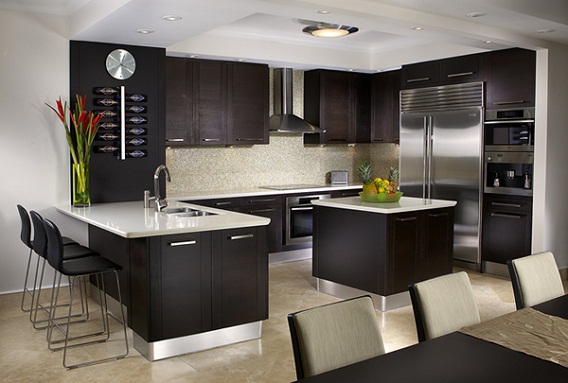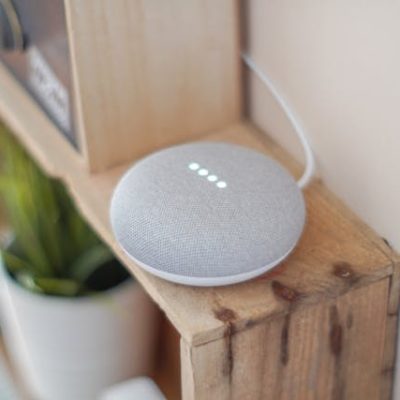One of the most hectic places in a household is the kitchen. It is usually stuffed with equipment and food and need versatility of usage and an ease of access to appliances that play a crucial role in determining how long it takes you to cook and how comfortable and stress-free the process is. It’s quite evident that those who do not know the value of a good kitchen in a house have clearly never been in a bad one. Hence, when designing your kitchen, you need to consider the matter objectively and methodically to make sure that your design satisfies your requirements of space and random access. Here are a few aspects kitchen designers know that are often underrated by home owners.

1. Space: The equipment you purchase and the kind of arrangements you make in your kitchen should directly be determined by the amount of space you have. If your kitchen is small and crummy, you need a kind of design that offsets your need for space to prevent you from being claustrophobic while you’re in there and allowing you to make the most of whatever little space is available. For example, in a kitchen of that nature, chopping boards that can be pulled out of the drawer chest are a very useful idea. Also, kitchens that are short of space typically require more ventilation than a single chimney can provide because smoke and moisture keep accumulating in small closed spaces. Unless you want to keep the door of your kitchen open, it is a good idea to have an external exhaust source such as a ventilator.
2. Preferred Cuisine: While everyone wants a kitchen that is well-suited for cooking every form of meal in the world, not all of us can afford it and even when we can; it is not always convenient to have appliances you’re rarely going to use. Hence, it is important for you to consider your eating habits and decide what it is that you will be using the kitchen the most for. This is because woks and skewers that are common in Chinese cooking are not that relevant to British or Italian cuisine. If you prefer curry or Indian food, then your kitchen should be very different starting from the walls to the devices because of the oily nature of the food. It also determines the kind of storage you will need in your kitchen; some cuisines require more fresh vegetables, fruits and meat while others require a handy supply of readily reachable spices.
3. Scale: How many people you will typically be cooking for determine the size of your fridge, your oven, the number of gas burners, and so on. These, in turn, need to be taken into account when deciding if you’re working in a small kitchen or a large one. A number of other factors go into determining the kind of kitchen that is good for you; you can ask a firm of kitchen designers further details.





